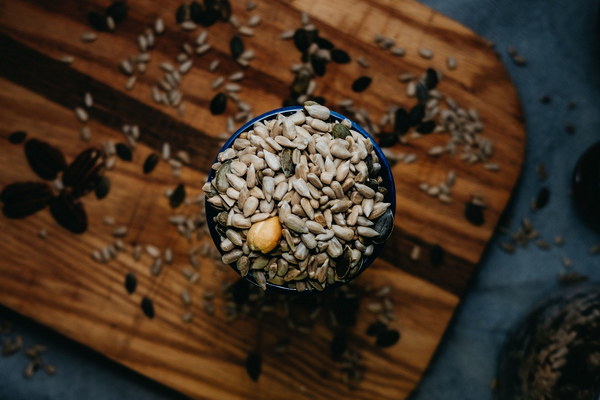Revitalizing Retirement The Thriving Elderly Care Scene in Shandong, China
In the heart of China, the province of Shandong has emerged as a beacon of elderly care innovation. With a rich cultural heritage and a growing emphasis on the well-being of its senior citizens, Shandong's elderly care scene is thriving, offering a blend of tradition and modern amenities that are setting new standards in retirement living.
The Cultural Tapestry of Elderly Care in Shandong
Shandong's elderly care facilities are not just about providing a place to live; they are about preserving and celebrating the region's rich cultural heritage. Many retirement homes are designed to reflect the traditional architecture of the province, with courtyards, gardens, and communal spaces that evoke a sense of community and belonging.
The architecture of our care homes is a nod to our past, explains Mr. Wang, the director of a prominent elderly care center in Jinan. It's important for our seniors to feel connected to their roots, to the history and culture that shaped their lives.
State-of-the-Art Facilities for a Healthy Retirement

While maintaining a strong cultural foundation, Shandong's elderly care centers also prioritize modern amenities and medical services. State-of-the-art healthcare facilities, including on-site hospitals and clinics, ensure that residents receive the highest standard of medical care.
One of the key aspects of our approach is to integrate medical care seamlessly into daily life, says Dr. Li, a geriatrician working in one of the centers. Our goal is to prevent illness and promote wellness, allowing seniors to enjoy a high quality of life.
The facilities are equipped with fitness centers, swimming pools, and recreational areas that encourage physical activity and social interaction. We believe that staying active is crucial for maintaining both physical and mental health, adds Mr. Wang.
Community Living and Social Engagement
Community living is a cornerstone of Shandong's elderly care model. Retirement homes often host cultural events, educational programs, and social activities that foster a sense of belonging and purpose among the elderly.
Seniors who are engaged in their community tend to live longer, happier lives, notes Ms. Zhang, a social worker at a local care center. We organize workshops, language classes, and even art therapy sessions to keep our residents mentally stimulated and socially connected.
Nutrition and Hygiene: The Cornerstones of Well-being
Nutrition and hygiene are given paramount importance in Shandong's elderly care facilities. Meals are prepared by professional chefs who cater to the dietary needs and preferences of the elderly, ensuring that they receive balanced, nutritious food.
Good health starts with good nutrition, says Chef Liu, who has been working in the kitchens of elderly care homes for over a decade. We use fresh, local ingredients to create a variety of healthy dishes that are both delicious and beneficial.
Hygiene is also a top priority, with regular cleaning and sanitization protocols in place to prevent the spread of infections. We want our residents to feel safe and comfortable in their living environment, says Ms. Wang, the head of the housekeeping department.
A Model for the Future
Shandong's approach to elderly care has caught the attention of the national and international community. With a rapidly aging population, many countries are looking to Shandong for inspiration and best practices.
The success of our elderly care system is a testament to the power of combining cultural heritage with modern innovation, concludes Mr. Wang. We hope that our model can serve as a blueprint for other regions around the world.
In Shandong, the future of elderly care is bright, promising a vibrant, fulfilling retirement for its senior citizens, where tradition meets the latest advancements in healthcare and social well-being.









